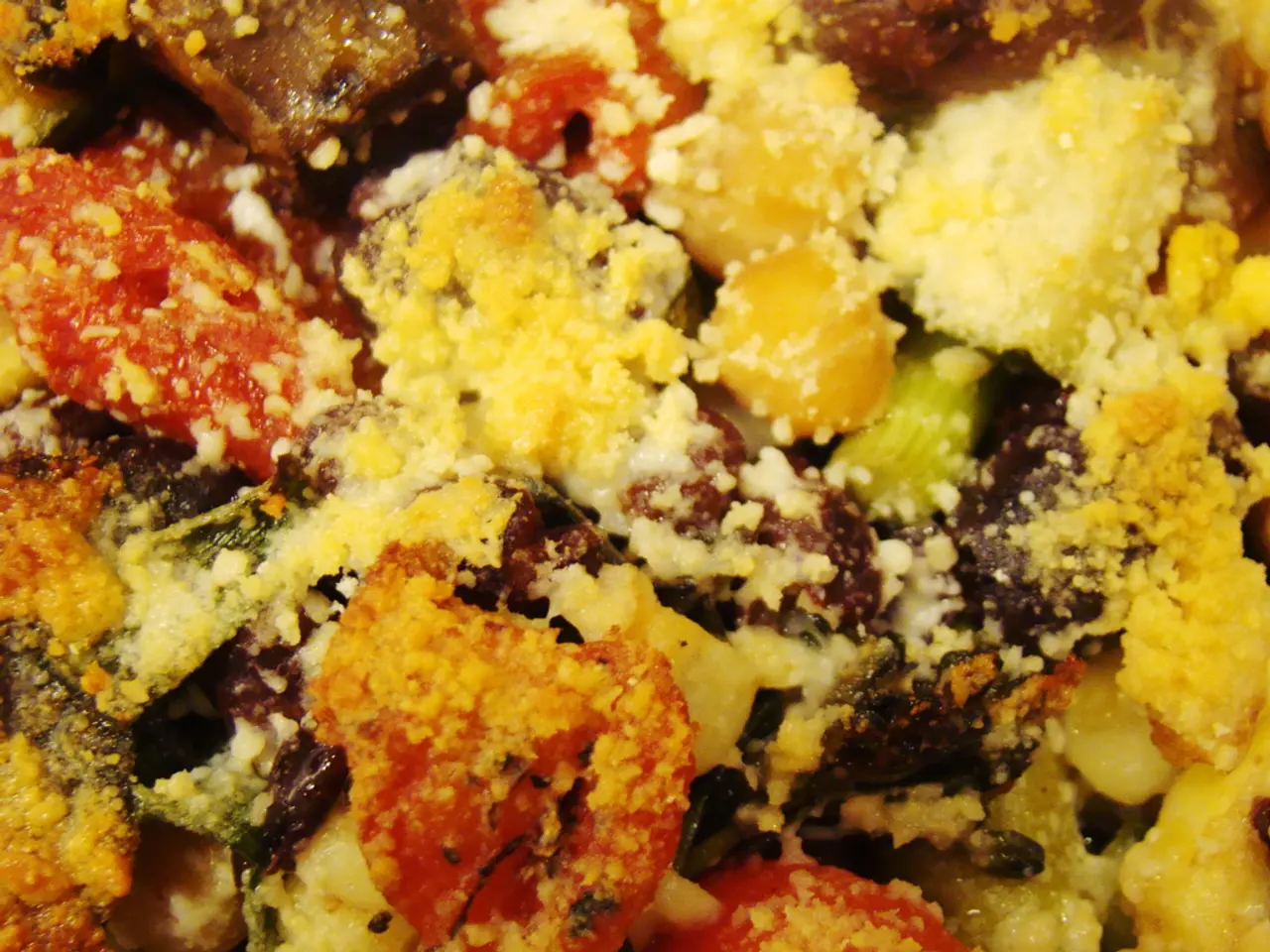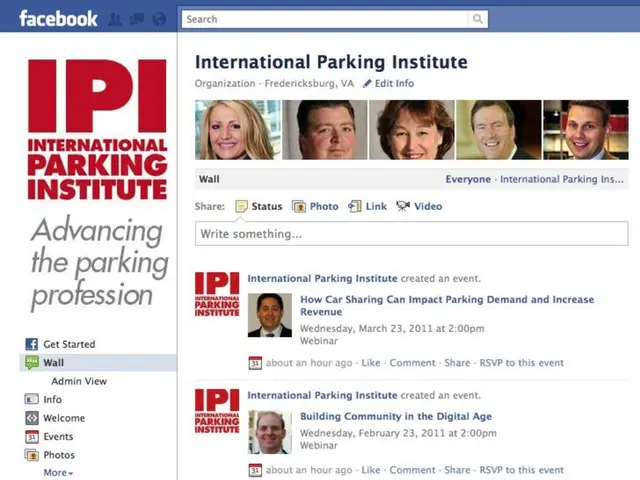Vacation rental sector grapples with a massive $2.3bn food waste issue over brief stays
In an effort to promote sustainability and reduce waste, short-term rental hosts and platforms are considering providing vacationers with practical information on how to reduce food waste. According to a study published in the journal Waste Management by researchers at Ohio State University, many travelers would find guidance on composting options or food donation helpful.
The study, which surveyed 502 US adults who had traveled in the past year, found that about 46% of hosts already offer recycling opportunities, with over 20% giving instructions on managing leftover food. The research suggests that property hosts could provide information to vacationers about donating and composting unused food.
The focus is on increasing awareness and accessibility of food waste reduction methods during stays. Some platforms and hosts may coordinate with local food banks or composting programs to facilitate these practices, although such initiatives were not explicitly detailed in the study.
The value of food wasted per trip averages about 5.1% of the nightly rental fee of a short-term peer-to-peer rental accommodation. The study notes that uneaten food equates to a 5% additional lodging tax "through the money they spend on food that they never eat while they're in the Airbnb."
Most respondents would find information about how to donate or compost uneaten food at the end of a stay and how to save on groceries during travel to be helpful. Ninety percent of vacationers bought groceries during their stay, spending an average of $34.40 per day.
Staples and produce make up the largest portion of uneaten food on average, while ready-to-eat items make up the largest proportion of groceries by volume (37%), followed by produce (22%) and staples (21%).
Hosts providing information about food waste could potentially gain a certification, and online platforms might consider flagging hosts who provide such information as "sustainable hosts." Vacationers with cars might consider taking their food home instead of wasting it.
This approach could encourage travelers to transport leftover food home or donate/compost it at their rental location, thereby promoting sustainability and reducing waste. The report notes that informational inserts could be placed near waste and recycling information. This information could be obtained through local and regional short-term rental host associations.
A segment of travelers is willing to take steps to reduce food waste if provided with an easy solution. Just 21% of hosts currently provide such information, but more than 40% of survey respondents expressed interest in getting information on donating uneaten items at the end of their stay.
This new approach to reducing food waste in vacation rentals is a promising step towards a more sustainable travel industry. By providing vacationers with practical information on reducing food waste, hosts and platforms can help reduce the estimated $2 billion worth of food wasted annually by vacation renters in the U.S. and promote a greener future for travel.
- The research suggests that property hosts could expand their initiatives by providing information to vacationers about donating and composting unused food, thereby potentially gaining a certification and being recognized as "sustainable hosts" by online platforms.
- With the availability of such practical information, more than 40% of survey respondents expressed interest in learning how to donate uneaten items at the end of their stay, which could help reduce the estimated $2 billion worth of food wasted annually by vacation renters in the U.S. and promote sustainable living in the travel industry.







